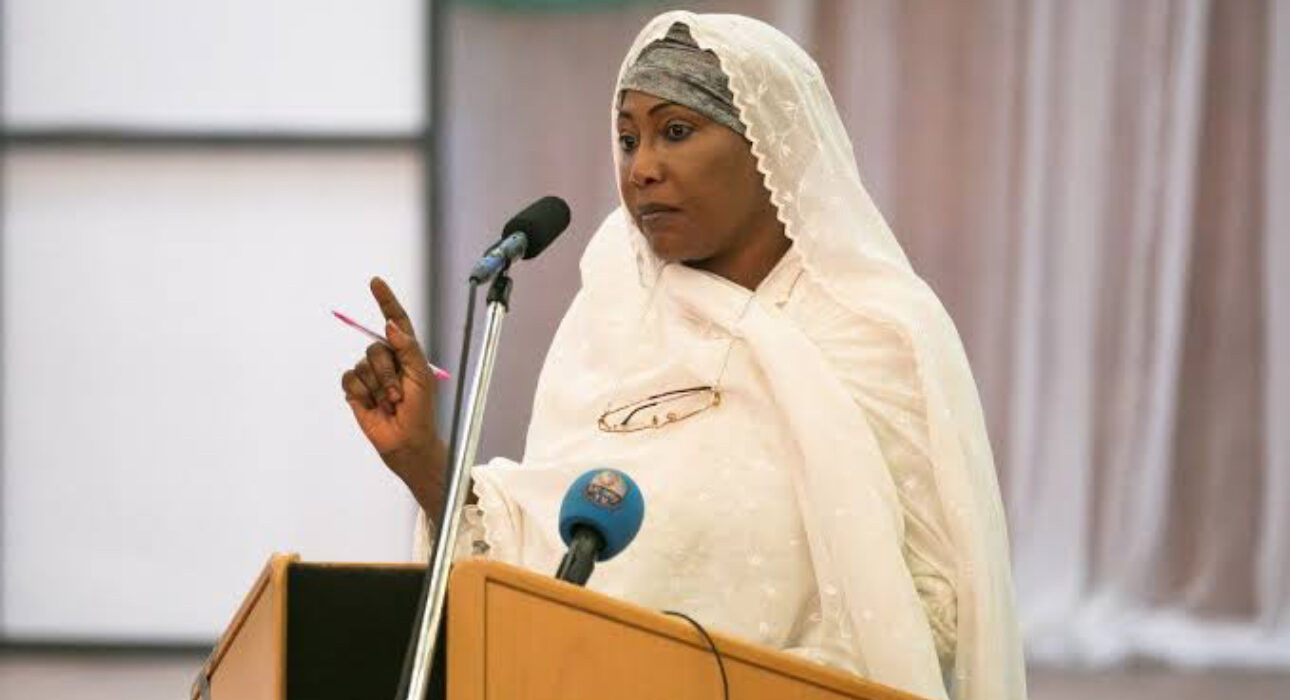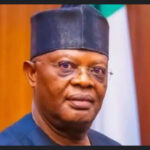Tinubu Is Regionalist, Not National Leader, Naja’atu Muhammad Blasts President

Prominent Nigerian political activist and former All Progressives Congress (APC) chieftain, Hajiya Naja’atu Muhammad, has once again stirred political waters with her outspoken critique of President Bola Ahmed Tinubu.
In a recent interview, Muhammad declared that she harbors no personal animosity toward the president but described him as a “regionalist” who is driven by personal ambition rather than national interest.
“I have nothing personal against Tinubu, but he is a regionalist who seeks to control Nigerians,” Muhammad said, highlighting what she views as a lack of inclusivity and national vision in Tinubu’s leadership style.
Muhammad has been a consistent critic of President Tinubu, particularly since her exit from the APC in early 2023.
Her latest remarks add to a series of public statements in which she has accused the president of prioritizing the South-West region, from where he hails, over national cohesion and development.
The political activist didn’t stop at branding Tinubu a regionalist. She went further to characterize his political ambition as driven by an “emperor mentality.”
“Everything about Tinubu is about himself. When he wanted to contest, he said it is his turn. He wants to hold the knife that will cut the pie. It is not about the country but him,” she stated during an earlier interview in 2023.
According to Muhammad, this mindset reflects a dangerous form of politics where power is consolidated in a few hands, primarily for personal and regional gain.
Muhammad’s bold stance has not gone without consequence.
Her recent comments triggered a sharp response from National Security Adviser (NSA), Nuhu Ribadu.
Ribadu demanded a retraction and public apology after Muhammad claimed that he had previously accused Tinubu of corruption during his tenure as Chairman of the Economic and Financial Crimes Commission (EFCC).
Ribadu categorically denied making such statements and threatened legal action if Muhammad failed to retract her remarks.
In response, Naja’atu Muhammad stood her ground, refusing to retract or apologize. She insisted that her statements were based on facts and that attempts to silence her would not succeed.
“I will not retract my statement, nor will I apologize for speaking the truth as I see it,” she said defiantly, accusing Ribadu of using his office to intimidate dissenters.
Naja’atu Muhammad has long positioned herself as a voice of conscience in Nigerian politics. Her latest criticisms underscore the growing dissatisfaction among certain northern and civil society voices regarding the direction of the Tinubu administration.
Political analysts believe her remarks reflect broader concerns about perceived marginalization of regions and the consolidation of political power within a specific elite circle.
As Nigeria continues to grapple with issues of unity, equity, and leadership accountability, voices like Muhammad’s are likely to remain influential in shaping public discourse.








